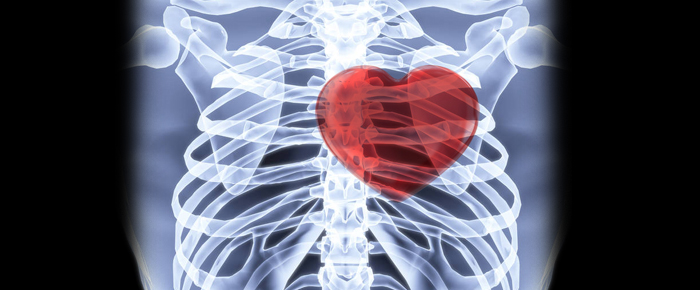
It’s Valentine month and February is also American Heart Month. Cardiovascular Disease is the leading cause of death in the United States. Now is a good time to take preventive steps and beat it, reminds Chief DiGiovanna! One thing is certain, we can fight back against heart disease and stroke.
Stop smoking. Quitting smoking is the single most important thing a person can do to live longer.
Cut down on salt. Too much salt can cause high blood pressure, which increases the risk of developing coronary heart disease.
Watch your diet and weight. A healthy diet can help to reduce the risk of developing heart disease, and can also help increase the chances of survival after a heart attack.
Monitor your alcohol. Too much alcohol can damage the heart muscle, increase blood pressure and also lead to weight gain. The heart is a muscle and it needs exercise to keep fit so it can pump blood efficiently round your body with each heartbeat.
Manage your weight. Carrying a lot of extra weight as fat can greatly affect your health as well as increases the risk of life-threatening conditions such as coronary heart disease, diabetes, etc.
Get your blood pressure and cholesterol levels checked. The higher your blood pressure, the shorter your life expectancy. People with high blood pressure run a higher risk of having a stroke or a heart attack.
Learn to manage your stress levels. If you find things are getting on top of you, you may fail to eat properly, smoke and drink too much and this may increase your risk of a heart attack.
Check your family history. If a close relative is at risk of developing coronary heart disease from smoking, high blood pressure, high cholesterol, lack of physical activity, obesity and diabetes, then you could be at risk too.
Make sure you can recognize the early signs of coronary heart disease. Tightness or discomfort in the chest, neck, arm or stomach that comes on when you exert yourself but goes away with rest may be the first sign of angina, which can lead to a heart attack if left untreated.
For more information, visit heartconditions.com.
Fire Chief Sam DiGiovanna









































